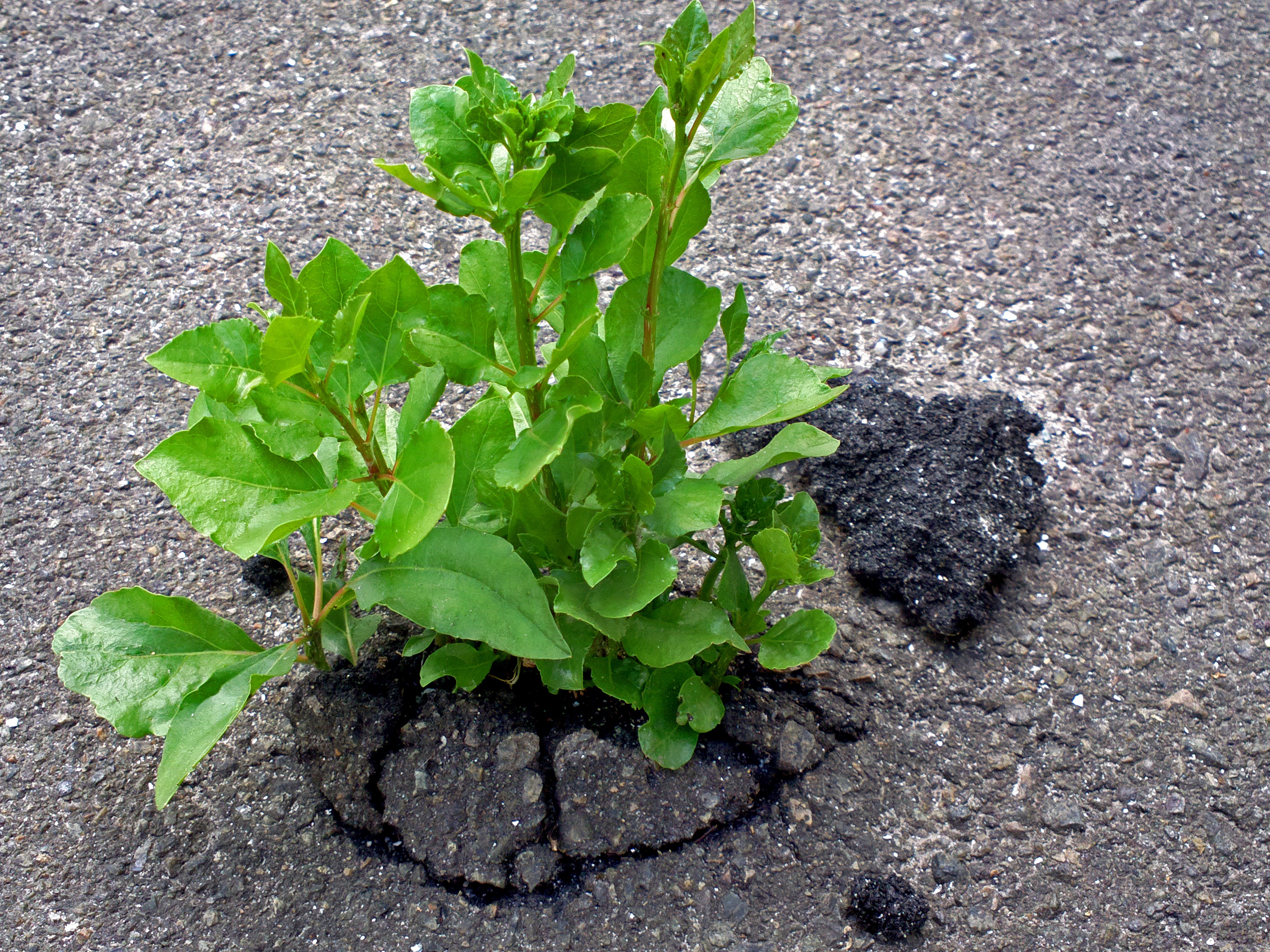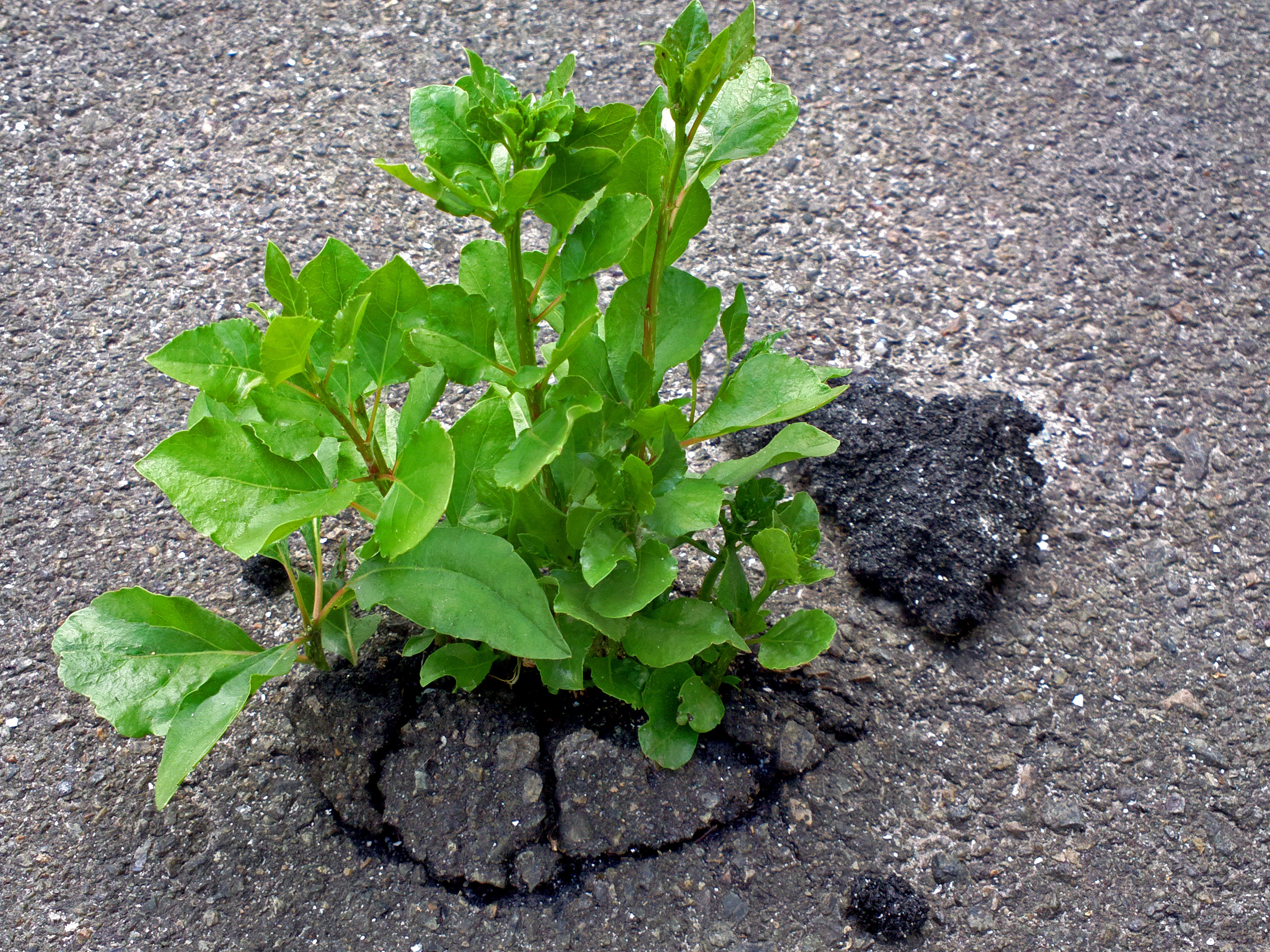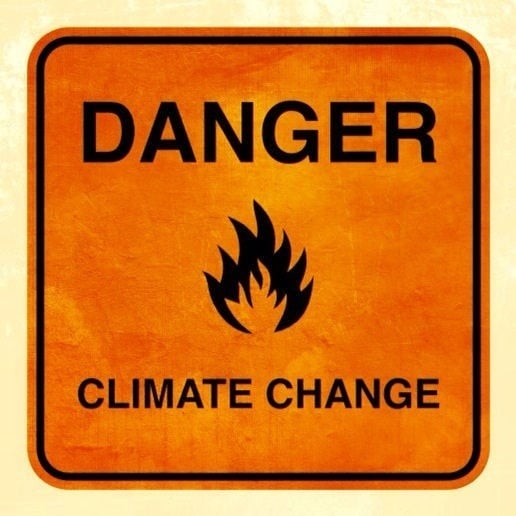How to Live Resiliently Despite the Climate Crisis

The title of the image above is, "Mother Nature Always Wins."
Yes, she does. But you don't have to lose, just because she's rapidly changing the climate. You've probably heard the UN recently delivered a stark warning that we have until 2030, just a bit over 11 years as of this writing, to make drastic changes, or the climate crisis will get so bad millions of people will die. For the first time, I'm hopeful people are ready to heed the warning, because...
Last year, I became one of Al Gore's Climate Reality Leaders. I took his free training because it seemed every time I taught one of my international coach-training webinars, someone would be absent because of a wildfire, flood, or hurricane. It was happening to my students all over the world, simultaneously.
Wait, what?
What I learned was that it was too late to prevent Climate Change, but it was not too late to prevent the collapse of civilization (whoa) and that resilience has become an ever more important focus, meaning how to survive and thrive despite the coming catastrophes. As Al summed up, though, "We could lose everything we hold dear."
Sounds like science fiction, right?
Last week, Donald Trump finally stopped claiming Climate Change is a hoax. Now he claims it's real, but it's too late to do anything about it.
Who are you going to believe: the people getting paid to lie about it or the people who've been warning you for years and have now been proven right? That last group says there's still time to make the changes we need, but we all need to mobilize, fast.
Governments, corporations, and individuals can all make a huge difference. Start by voting for politicians who will get to work right away on it.
Humanity has a long history of pulling off massive victories at the last minute. The US, for example, waited to be attacked before it transformed its economy to help win World War 2 in just a few years. Later, when we were losing the "space race", we mobilized to put a man on the Moon in just eight years. That was a long time ago and this is way bigger but we can do it again.
Humans are good at succeeding at the impossible. But before we can succeed, we must survive and flourish. That takes resilience. I usually write about positive psychology and coaching, but resilience is where climate activism and positive psychology meet and embrace. Here are six steps to resilience even in these dangerous times.
Six ways to live resiliently despite the worsening climate crisis:
- Thomas Leonard always advocated what he called, Super Reserves, so you'd be ready for anything. Well, anything and everything is coming soon in the form of worsening weather. You can still live well, but it may take some planning. Or you can do nothing now and struggle later. Your choice. If you want to live resiliently and flourish no matter what, here are some suggestions. Stock up now on water (one gallon per person per day for a minimum of three days; don't forget the pets) in case your local water supply is knocked out for a while. Bonus points for installing your own water filtration system, especially one that can run without electricity. You may also need cash after big storms, since other types of transactions require electricity. Also, non-perishable food and clothes in water-proof bags. Don't forget your meds. Put it all where you can reach it when you need it.
- Always have a reserve of power: Get a gas generator or a large-capacity battery that can be attached to one or more solar panels, so after a big storm you won't ever have to go long without power. You can also get a small solar panel that's big enough to charge just your phone. Bonus points: Install solar on your roof or geo-thermal and keep your lights and heat on even when the grid is off. See number 5, below, too.
- Beat depression before it even has a chance. I've coached a lot of people who've been through disasters. After the fear subsides, overwhelm, confusion, frustration, discouragement, and eventually depression almost always follow. Bounce back faster by working with a positive psychology coach now to build up your resilience. When you know your values and purpose, you're more likely to experience Post Traumatic Growth instead of Post Traumatic Stress Disorder (PTSD). Working afterward with a coach or therapist can also help.
- Stay physically fit. I lived in NYC during and after 9/11 when I was a personal trainer. One of my clients, an executive in her 60's, who worked next to the World Trade Center, had to walk down forty flights of stairs and twenty blocks home to her apartment, because elevators and transportation stopped that day. She told me later that she never could have done it if she hadn't been working out with me.
- Get reserves of transportation and even housing. What if there's a gasoline shortage after a disaster? Or little or no electricity? Owning cars with only one power source could be a problem. If you have two or more cars, make sure one is electric and one is gas powered. If you have only one car, a plug-in hybrid gives you extra options. Mine also has wifi, an essential for anyone working from home, which is the best way to save time, stress, and pollution by skipping the daily commute. Now that storms and pollution are becoming huge problems, staying home makes more sense than ever. And just in case, consider getting a second home if you can afford it, or talk to friends and family about hosting each other if the worst happens. Right now, I have a friend in Canada who is living in a hotel while her home is repaired after a terrible tornado. Personally, I'd be more comfortable at my weekend place.
- Look for the opportunities. Chaos and opportunity go hand in hand. You're about to see more of both in greater quantities than have ever before existed. There will be big winners and big losers. Look for new problems and how you can help. Find solutions for our new reality, either to help solve the climate crisis or help people and nature survive and thrive despite what's coming. Always look for the opportunities and you'll always do well. A coach can help.
Get a positive psychology coach to help you build reserves of resilience:




